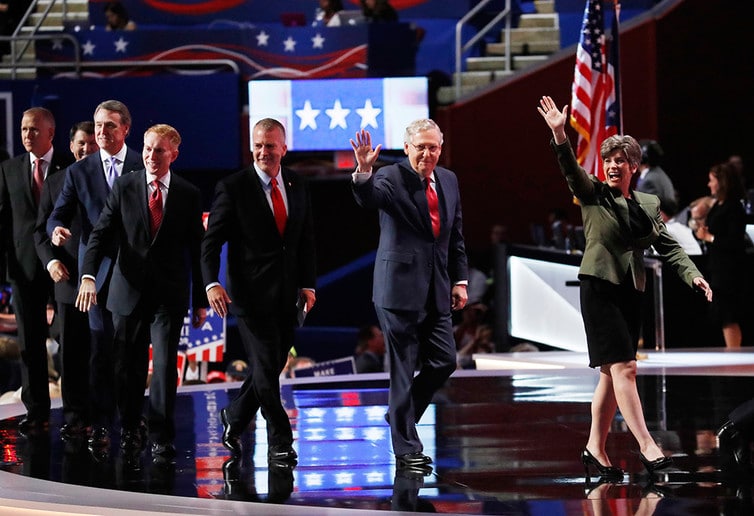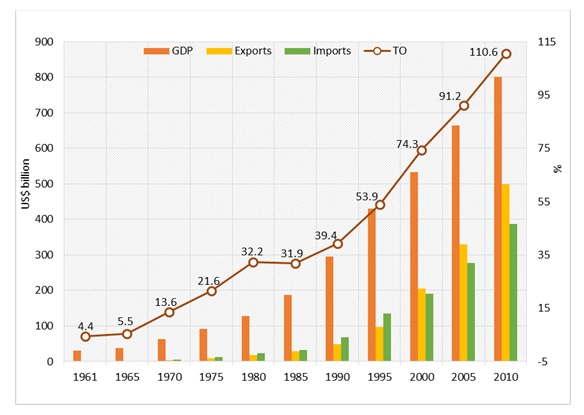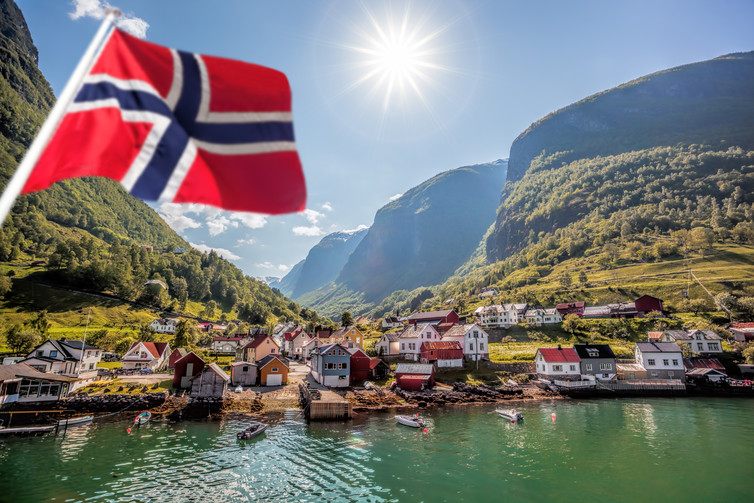TPP Passage Less Likely
When President Barack Obama said, ‘The TPP means that America will write the rules of the road in the 21st century’, he was not speaking metaphorically. Large passages in the final text were lifted verbatim, sometimes en masse, from past US free trade agreements (FTAs).









